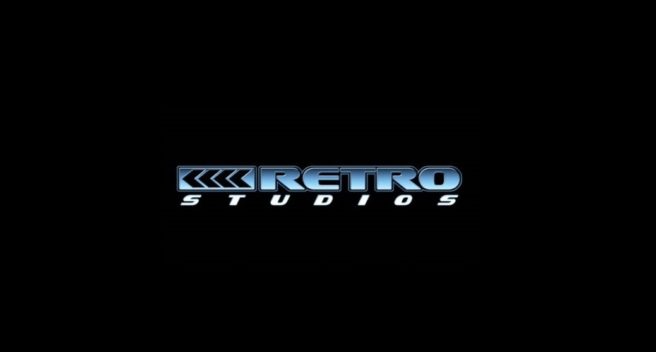A look into Retro Studios’ early turbulent history
Posted on May 29, 2018 by Brian(@NE_Brian) in General Nintendo, News
These days, Retro Studios is looked at fondly having made one of the most unexpectedly great games in Metroid Prime, followed by two sequels and a pair of Donkey Kong Country games. Things didn’t always start off so well, however. We know that the company cancelled a few different GameCube projects prior to the system’s launch, which was sparked by turmoil within the studio that even carried through after Metroid Prime’s release.
There were a myraid of issues with Retro initially. Founder Jeff Spangenberg was barely present, those initial projects had barely progressed after nearly two years of development, the team had a lack of access to GameCube development kits, and there were plenty of management issues.
One anonymous employee told Polygon that early on during Retro’s inception, the team received direction from Nintendo of America. This was a problem because “they have nothing to do with how the games are made. It’s all in Japan. … We weren’t interfacing with Nintendo of Japan at all. We never talked to Miyamoto. We never talked to Mr. Iwata. We never talked to anybody over there.”
When Nintendo’s main branch in Japan finally visited in 2000, things did not go well. The same employee said, “[They] hated everything that we were doing. We weren’t developing games in their philosophy. It was a huge cold splash of water in the face.” Nonetheless, it was decided that Retro should focus on a single game, cancel its projects at the time, and develop Metroid Prime.
Following Nintendo’s visit, problems persisted. Many layoffs would ensue, and Spangenberg was becoming more detrimental to the developer. Spangenberg ran a “Sinful Summer” website that hosted photos of pool parties from his house with scantily clad women. Eventually, Nintendo bought out Spangenberg’s majority stake in the company.
That’s when Steve Barcia, Retro’s vice president of product and development at the time, took over for Spangenberg. But sadly the situation didn’t improve. Retro was dealing with very low morale, but the one positive was that Metroid Prime was being well received. Meanwhile, despite Spangenberg wanting the best for Retro’s projects, employees say that working conditions were extremely poor. Employees were ready for a mass exodus as a result, but Nintendo stepped in and replaced Barcia with Michael Kelbaugh, who was Nintendo’s director of business development.
Polygon has much more on Retro’s early history here.
